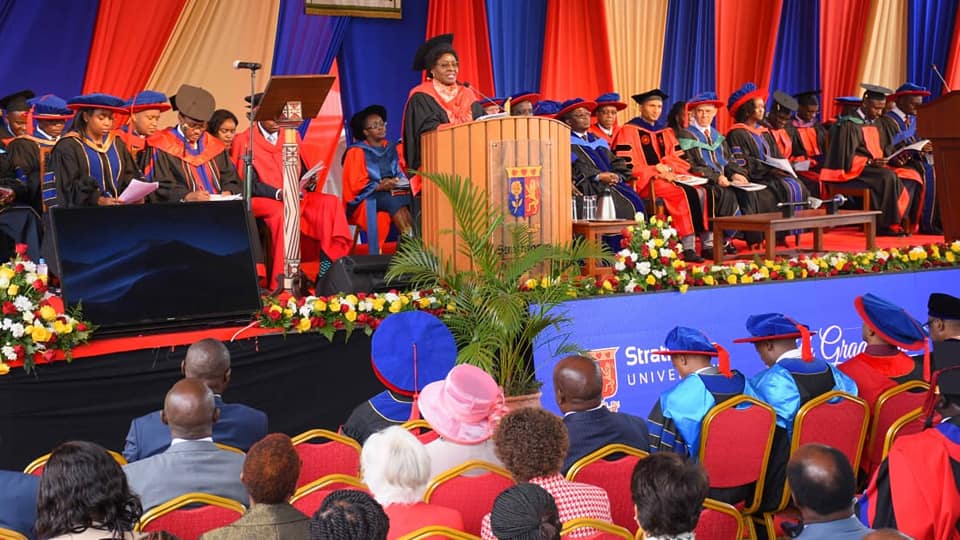Universities Under Fire As MPs Expose Their Spending On Failed Tech, Tribal Hiring and Fake Payroll
Kenya’s public universities face significant issues after Members of Parliament uncovered serious financial mismanagement and operational failures. The National Assembly’s Committee on Public Investments on Governance and Education has highlighted major scandals within the education sector, such as ineffective systems, ghost employees, and discriminatory hiring practices.
The committee, led by Bumula MP Jack Wamboka, expressed concern over hundreds of millions spent on Enterprise Resource Planning (ERP) systems that ultimately failed. These systems were intended to enhance management, but inadequate planning and poor vendor selections rendered them ineffective.
At the Commission for University Education (CUE), MPs raised questions about a Ksh45. 7 million system, the progress of which remains unclear despite Ksh30. 5 million already disbursed. No completion reports were accessible, violating procurement regulations.
The committee also discovered a Ksh2. 5 million discrepancy in a car and mortgage loan fund with no documentation to substantiate the transactions. Even more troubling, CUE retained 90% of its surplus Ksh80 million, contravening public finance legislation.
Kibabii University faced criticism for employing 75% of its 430 staff members from a single ethnic background. MPs stated this violates the law and national principles.
The university also allocated 64% of its revenue towards salaries, nearly double the permitted threshold.
Meru National Polytechnic was highlighted for maintaining dubious payroll records. Auditors uncovered fake KRA PINs, unusual birth dates, and over 140 questionable contracts.
The ERP system failed to comply with regulations regarding salary deductions, and leaders disregarded audit recommendations.
Construction initiatives at Meru Polytechnic were also noted for their sluggish pace and numerous unlawful alterations. MPs indicated that those accountable will incur fines if they persist in breaking the rules.
Meanwhile, Kisii Polytechnic, Kenya School of Law, and the Council of Legal Education were dismissed from the meeting for arriving without key personnel. They were instructed to return with appropriate teams to clarify their financial statements.
The committee committed to continuing its advocacy for transparency, accountability, and improved services in education.
